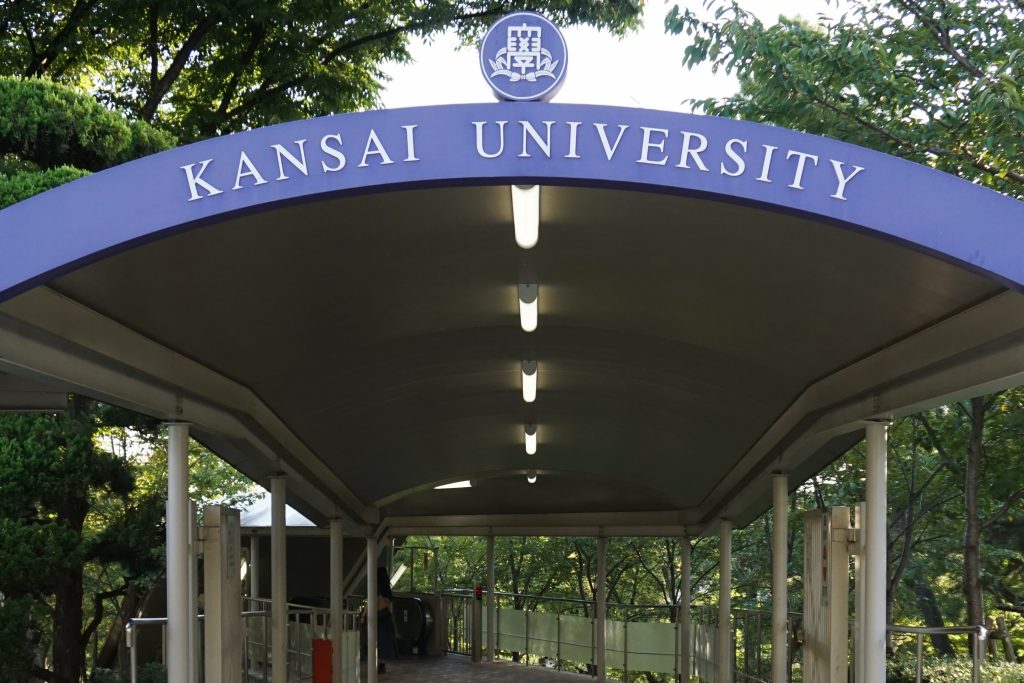
- ARAB NEWS
- 04 Jul 2025

TOKYO: Many universities in Japan are set to resume face-to-face classes, albeit partially, in the second half of the current academic year, which starts in autumn, while taking all possible measures against the novel coronavirus.
Most of them are expected to adopt a “hybrid” system in which both online and face-to-face systems are used to reduce infection risks.
With the coronavirus crisis persisting in the country, universities are concerned about clusters of infection happening, but students are eagerly awaiting the full restart of face-to-face lessons.
The University of Tokyo will reduce the number of students at its Komaba campus in Tokyo’s Meguro Ward, where first- and second-year students take classes, to one-third of the level in normal times.
The university will conduct compulsory courses, such as language classes, in person in even number weeks and online in odd number weeks. Face-to-face classes are expected to account for 20-30 percent of all classes for first-year students and 10-20 percent for students in the second year, according to the university.
The university will also make Wi-Fi wireless connections and power sources available at the campus so that students can take online classes there before and after attending face-to-face courses.
“We aim to fulfill our function as a university while preventing infection” among students and staff workers, a public relations official at the national university said. It plans to implement such measures as polymerase chain reaction and antigen tests for the virus.
At Kansai University in Osaka Prefecture, western Japan, in-person classes are expected to make up 80 percent of all classes, with only lectures attended by 250 or more students to be offered in online form.
The private university is calling on students to refrain from acts with high infection risks.
Kansai University, Doshisha University, a private institution in neighboring Kyoto Prefecture, which plans to offer 70 percent of its classes in person, and others have issued a joint statement urging their students not to hold drinking and dining parties for the time being as the coronavirus crisis continues.
According to the education ministry, 824 of 1,003 public and private universities and junior colleges in the country plan to use both face-to-face and online systems in the second half of the current academic year, with 44 percent of them expecting their in-person classes to account for 30 percent or less of total classes.
A 19-year-old female first-year student at a private university in Tokyo said that the humanities faculty to which she belongs will continue to conduct all classes online in the second half, while face-to-face classes are set to restart at science faculties.
“We’ve received no explanation at all from the university,” she said, adding that “I’m worried that I’ll have to continue taking only online classes” in the next academic year from spring 2021.
A 20-year-old female student who transferred to junior year at a private university in Osaka in April this year expects to have no in-person classes in the second half.
“The university says it will partially resume face-to-face classes, but 99 percent of my classes remain online,” she said. “I want the school to allow me to have face-to-face classes before my graduation.”
JIJI Press